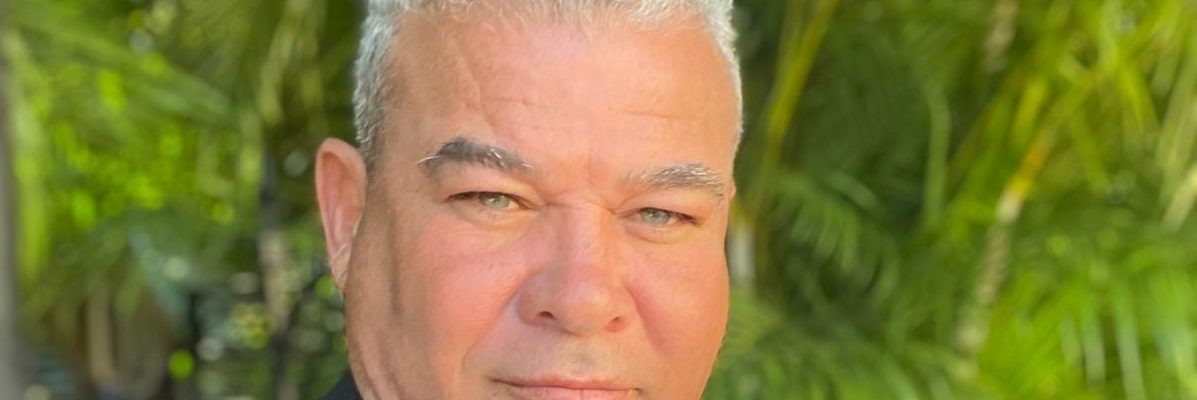
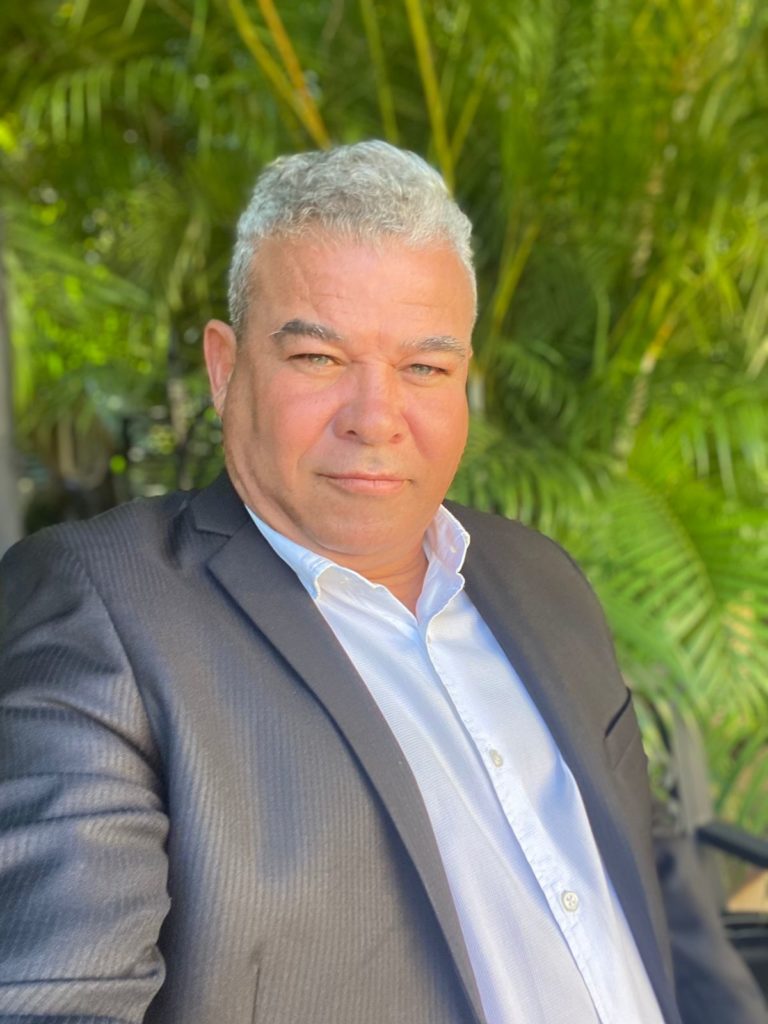
Founder and lead principal of Phoenix Football Academy in Kingston, Jamaica, Craig Butler is a man of indomitable will and drive.
Think of great sports coaches Sir Alex Ferguson, Nick Bollettieri, Richard Williams, Herb Brooks, Bill Belichick and Vince Lombardi—they imposed their vision and character on their respective sporting disciplines, nurturing and developing phenomenal talent.
Craig Butler is managing to do the same with football in Jamaica and has now produced 37 professional footballers including his son, the mercurial Leon Bailey, who now plays in the English Premier League (EPL) with Aston Villa.
It would be trite to simply acknowledge that Butler produces fine footballers from the Caribbean and that the Phoenix Academy is the best of its kind in the region, but that doesn’t factor in the bigger picture.
Craig Butler is looking to turn out rounded, contributing individuals who are self-reliant and have the confidence to succeed; footballers who know who they are wherever they ply their trade.
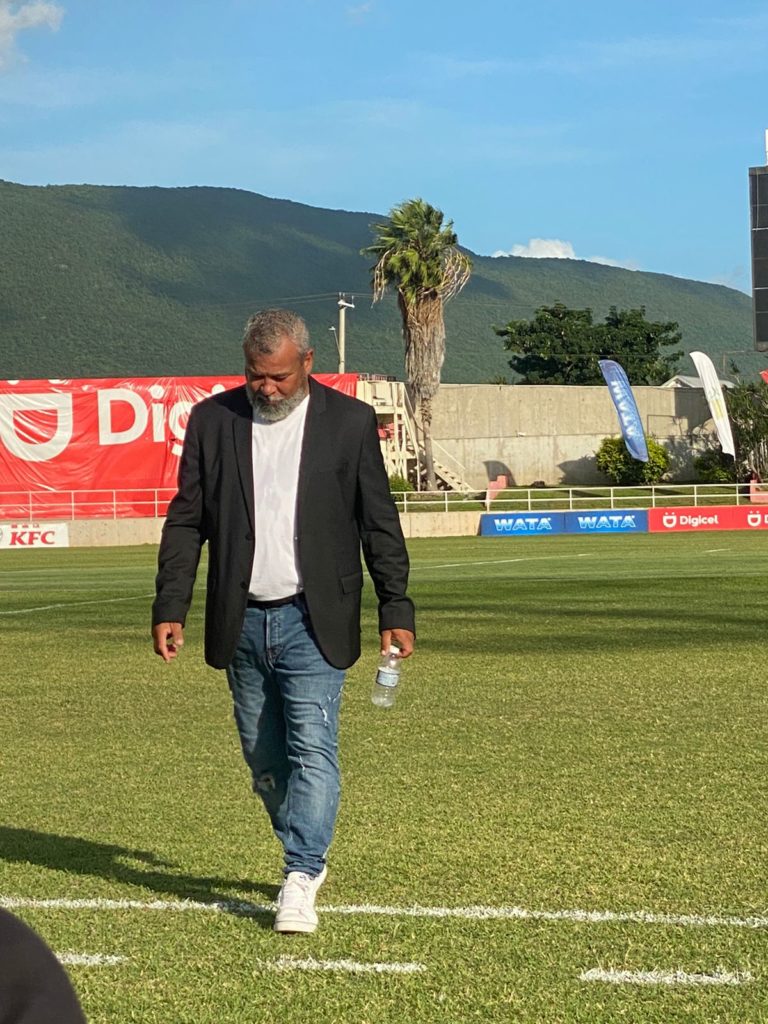
This speaks to a man who has contemplated exactly what it is he is trying to achieve. There can be little doubt he is resolute and takes an inimitable approach that doesn’t meet everyone’s approval.
He lets go of whatever was and walks into what is.
Butler is not only passionate about football but believes that Jamaica produces players that can shine on the world stage—Jamaicans who play and train at home.
He has an eye for talent and he has proved so time and time again—just ask Dujuan ‘Whisper’ Richards who has been called to the national team and is another charge of Butler’s.
Early years
The Manning Cup 1984 was a pivotal moment for Butler in which he played for Jamaica College facing off against St George’s College. He then went on to play for Swallowfield.
It was at Swallowfield that he saw first-hand that one could get paid to play the game and this sparked his ambition. But it was the way the elders at Swallowfield groomed players, their paternalism, and how they scouted talent that piqued young Butler’s attention. Dreams were boundless if only one had the discipline and wherewithal.
Coaching would be his calling and he set about developing footballers always remaining invested in their welfare. He is a father figure to Phoenix alumni. He remains one of the foremost football coaches in the Caribbean, mentoring a conveyer belt of players, some going on to Europe.
But he is not resting on his laurels.
Lessons from the Qatar World Cup
The recent World Cup in Qatar illustrated just how global the game has become. It was the first held in an Arab country and many say it was arguably the best one yet.
What were Craig Butler’s impressions of the event? Where is world football going?
“I think it was one of the best World Cups in terms of the performances and the advancement of the game. When you look at some of the teams that stood out, Morocco, Japan [and] Ghana, they impressed and made everyone pay attention. They employed a system of play that factored in their genetics and it worked for them. They didn’t go all the way but did well.
“It was heartening to see Messi performing at the highest level at his age and go on to win a World Cup. The final between France and Argentina was the best final I have ever seen. How can France with Mbappe go on to score four goals and lose?

“Many countries made strides and are now thinking outside the box. To be honest, this has been in the making over the last several years. There isn’t now such a huge gulf between the recognised leading teams and those expected to be knocked out at the group stage.”
Butler attributes this to countries globally, particularly those in the less developed world, investing in their academies and national teams. He notes the study of genetics and lifestyle and how teams utilise this in their training methods. He points to how many of the African teams and Canada are going this route and it is paying dividends.
“Even though the last World Cup ended up with three of the top teams at the closing stages, we were able to see one of the ‘new bloods’ make it, Morocco. This progress is due to systematic and sustained development. Genetics is being used more in football these days and Jamaica should take heed.”
Jamaica and the JFF
So what lessons can Jamaica take from the Qatar World Cup and the progress made in the world game? Jamaica has vowed to make it to World Cup 2026 but how realistic is that?
“The next World Cup is going to be held in Mexico, the US and Canada which means these three countries automatically qualify so one would expect Jamaica to go through. It would be the biggest failure if we did not make it. The question is, once you get there what do you do?
“If we have not created our own playing system that we have instilled across the nation by the time we do get to the next World Cup, we will be embarrassed. The Spanish developed tiki-taka football because they are not naturally big, fast players. You don’t see many Spaniards in the 100m finals in the Olympics. You may see them in marathons and long-distance races. That’s why their system is designed like it is. The Germans are very physical, strong athletes but not fast. They did not invest a lot in their development, and we all saw them struggle during the tournament.
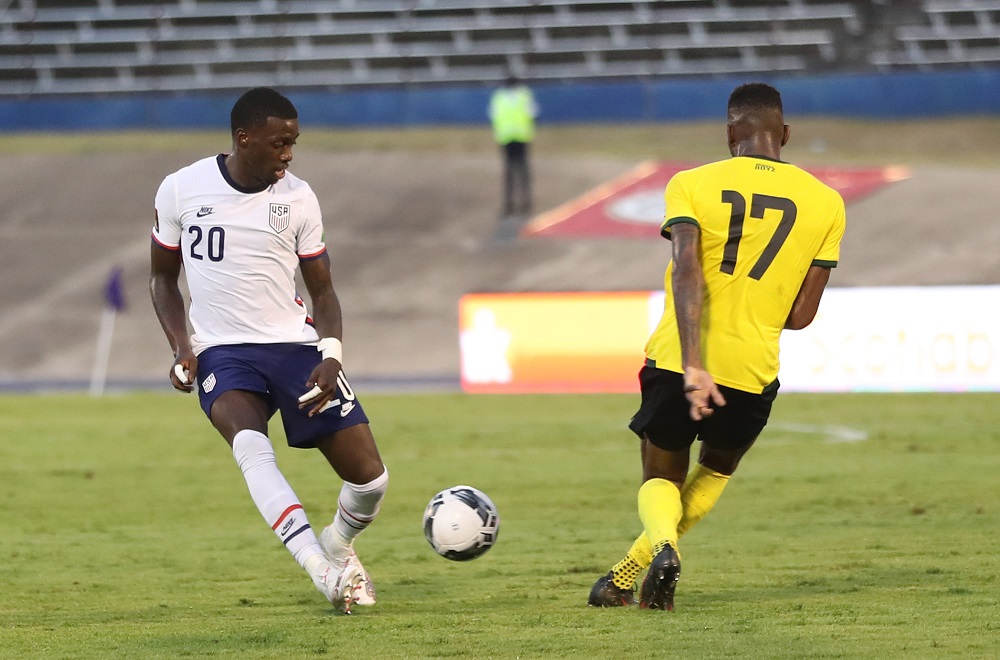
“Jamaicans are fast, strong, very smart, and extremely creative. We must incorporate all that into a system. I went into coaching with the Manning Cup to prove a point, using a system no one in the world has seen before – it’s called the Domino 6 or the Domino 5. This sees only two defenders, two holding midfielders, two attacking midfielders, a winger on each side and a striker. It’s the total opposite of the traditional 4-4-2 system.
“What we do is a quadratic press, pressing the opposition into one-quarter of the pitch. We defensively win the ball then switch it out to the winger who is isolated. He then can take on a player one-on-one which plays to our strengths. Defensively, if we press that high and hard, the only way for the opposition to get the ball, is to go after it and we are fast enough to shift the ball from one side of the pitch to the other. Jamaica should be looking at this technique and should start thinking outside the box , playing to our strengths…if we are to win.”
The Phoenix Academy boss cites how the Belgium team created the golden generation with the likes of Kevin De Bruyne, Eden Hazard, Vincent Kompany, Jan Vertonghen playing a brand of football that made Belgium a force in world football.
Mind you, Belgium had a terrible World Cup in Qatar despite being the second favourites.
Butler stridently believes that Jamaica’s national coach should be a Jamaican who has totally bought into a uniquely Jamaican system of play. He doesn’t think a European would readily want to adopt a fundamentally different approach.
“We as a nation cannot expect a coach to come to Jamaica and build that system. With top international players, the coach has just seven days to prepare for an international game. In that time, you have Leon Bailey coming from Aston Villa, Michail Antonio from West Ham, then you have Damian Lowe from Miami—they are all coming from different systems of play.

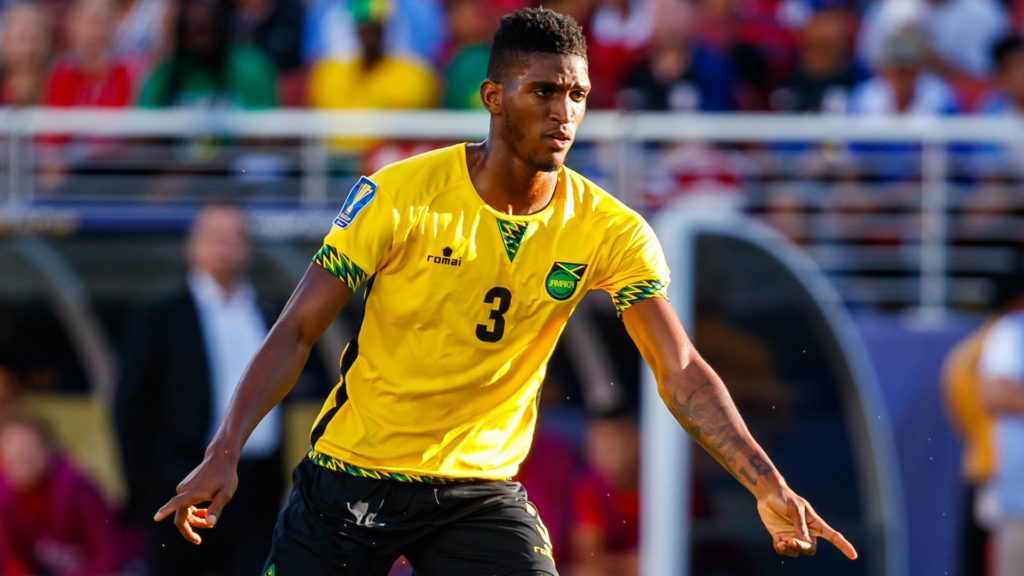
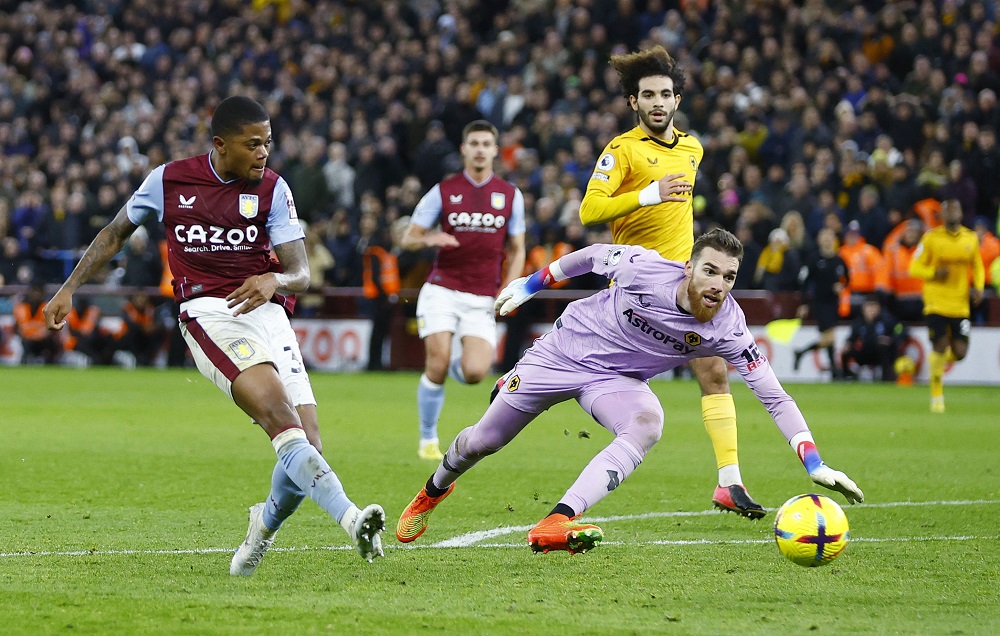
“Now they get seven days for the international break of which five players are flying into the country. There is one day to fly in, another to get to the game, another to fly back which in most cases is to Europe. Basically, it’s not enough time and they can’t bond as a team!”
“What we do at the Phoenix Academy is develop the players with one system while young before they leave for Europe to take up contracts. That’s what Barcelona does and everyone else at the higher levels. In Brazil, they establish a way of playing from the junior level so when the players come into the national camp during the seven-day break, all the coach has to do is man-manage and re-emphasise the system they already know. Meanwhile, Jamaica is trying to build a castle in one day!”
Contributing to the national cause
Butler is a very strategic thinker. He is a student of the game of football and is familiar with the systems employed. Given his experience and his unique approach, one would have thought that the Jamaican Football Federation (JFF) would be eager to engage his talents and winning mentality.
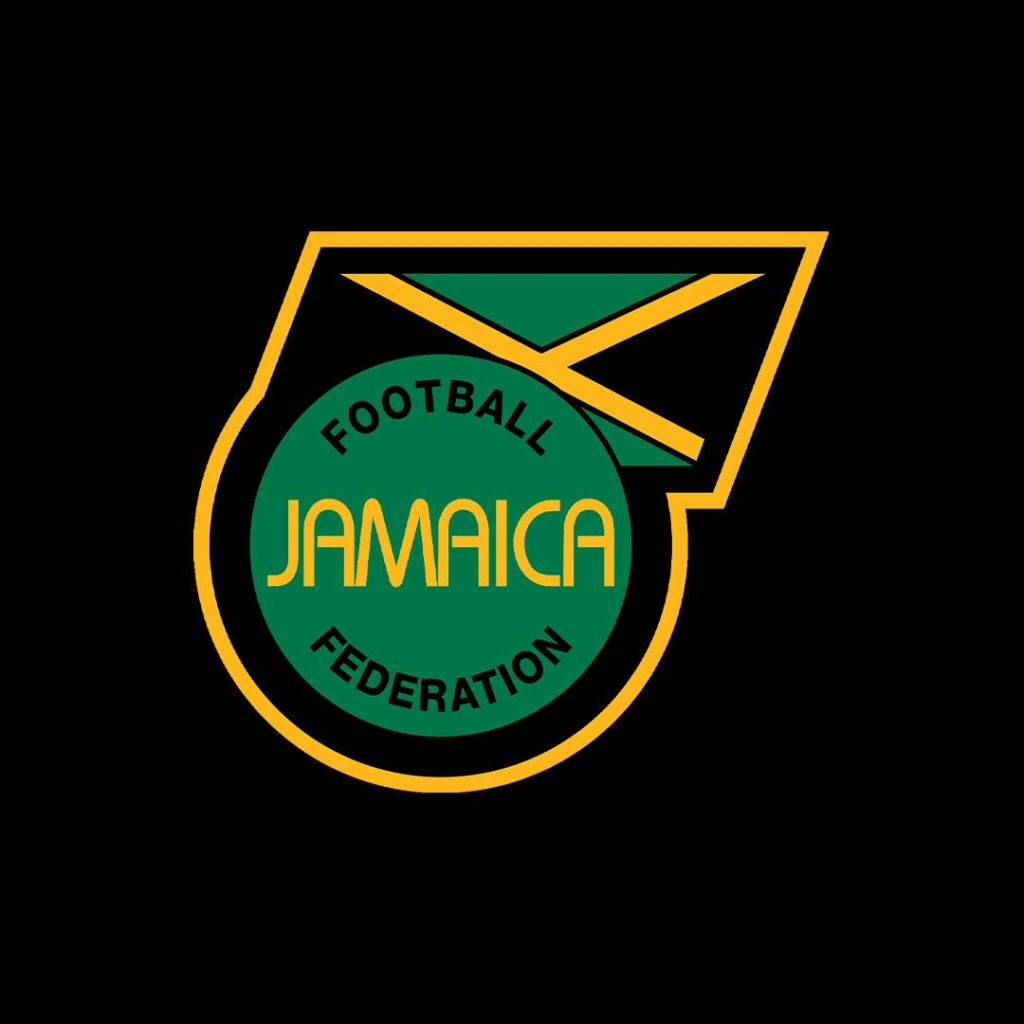
What are his thoughts on this?
“The JFF would have to be educated and understand how other international teams operate. It must be willing to invest the time, the money, the effort to get it done. The problem is, no one there has spent time studying systems of play and how to bring those elements into a Jamaican way of playing. The only person to do so is me.
“I’m always willing to help but, of course, I have my main job which is the Phoenix Academy and representing our players internationally. The top-scoring player in the Manning Cup is Dujuan ‘Whisper’ Richards. We also have Zayne Pinnock who played for Mona. Then there is Donahue Mitchell who also plays for Mona – all three are from the Phoenix Academy. We intend to get them all playing in the world’s top leagues. We have made contacts and built relationships internationally. We want to ensure they get to the highest level possible.
“Many would assume we want to send them to Qatar and Saudi Arabia where they can make a lot of money, but that is not our goal. They must become household names and not get lost.”
Leon Bailey
Butler is primarily focused on developing the individual and not just on churning out footballers. His son Leon Bailey who he also represents as an agent has done well.


Wherever Bailey has gone, Genk, Bayer Leverkusen, Aston Villa, he has made his mark.
He is also a poised and humble young man, personable and generous of spirit. His father takes pride in that.
“I stress to Leon and the others at the Phoenix Academy the importance of honour, how you conduct yourself, give back to your community and people. They must remain humble. You must understand that the people you see while going up the ladder may be the very same when you go down and they may stretch out a helping hand.
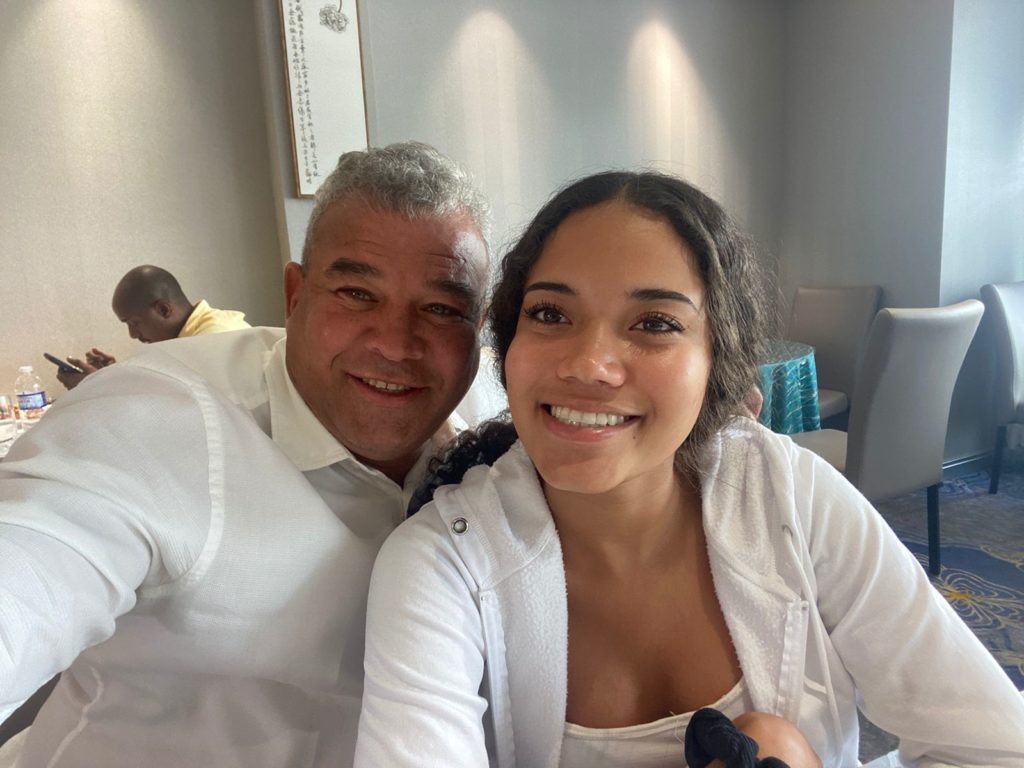
“I remember when Leon was young, he had a picture of Dutch international footballer Arjen Robben on his bedroom wall. I said to him, one day if you believe, you will play against him and he did. There are kids out there who are saying one day I want to play against Leon Bailey. You must always be open to inspiring youngsters. He has always remembered that.
“Today, we have the Leon Bailey Foundation, and we donate a lot to children. We recently donated $1.2 million to the Jubilee Hospital.”
Unai Emery, the new manager at Aston Villa, appears to have more confidence in Leon Bailey than his predecessor and the young man from Kingston, Jamaica is having a good season putting in notable performances as a winger.
So what does his dad think of Leon’s season to date?
“When you watch a player, you don’t just see what he is but what he can become. I saw that a long time ago and did all I could to get him to believe that he could become a great player. He is doing an excellent job. There’s a saying, ‘Whether you believe you can or you believe you can’t, you are right.’ The biggest part is believing. He is scoring frequently.
“When he went to Villa, the agreement was they were bringing him in to be “the man” for the team. It’s vital that he gets that game time.”
Taking Phoenix Academy to higher level and beyond Jamaica
Phoenix Academy’s reputation is renowned. Can Craig Butler make it the Number 1 football training establishment in the Caribbean? Can he develop it to the stage whereby it can be listed on a stock exchange?
“Currently and most people don’t know this, FIFA ranks Phoenix as the leading academy in this hemisphere. Now that’s not because we have the biggest fields and facilities but because of the talent we produce. Thirty-seven professional footballers have come from Phoenix. Remember, less than one per cent of players who want to become professional footballers make it. For us to have 37, is a notable achievement. Our model works and we have been developing and refining it.
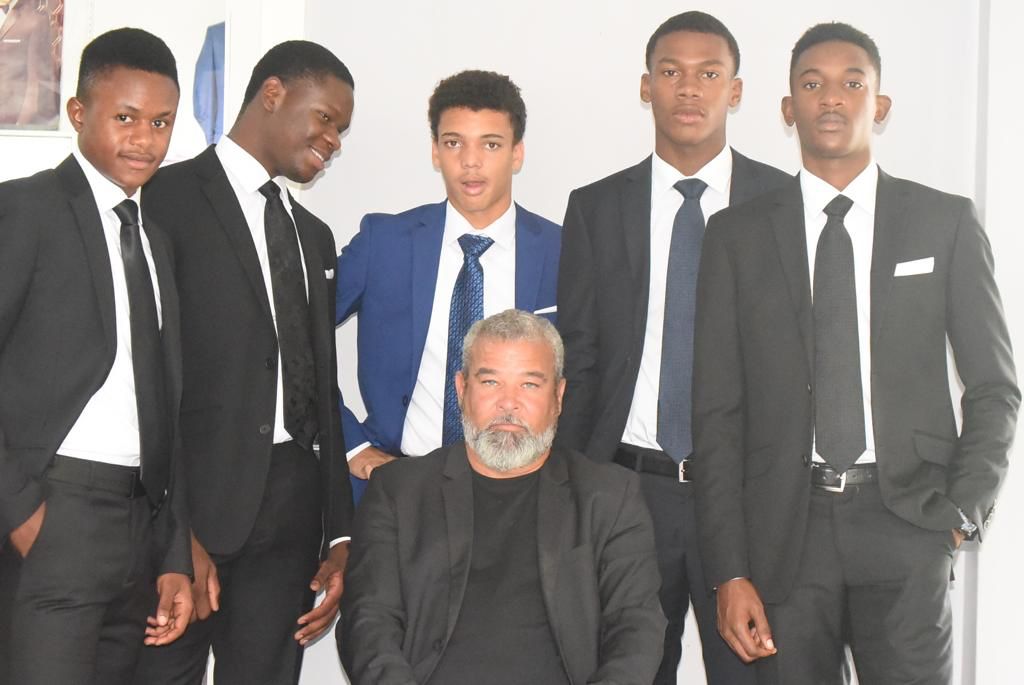
“We have had players from all over the Caribbean come to us. Gleofilo Vlijter is the all-time leading goal scorer for Suriname and was the Golden Boot winner in the last Nations Cup. He spent four years with us. Matthew Wooley plays for the Trinidadian national team and is now with the champions of Iceland. He also spent five years at Phoenix. We have had players from Panama, St Vincent, St Lucia, Mexico, Canada all of whom played for their national teams. So, Phoenix is not just about local players, it’s a development academy which produces the best of the best.
“What we have done is taken all the methodologies and skill sets of the Europeans and combined them with our physical track and field training in Jamaica. We create a sprinter who can play football. We have thought about establishing franchises in other Caribbean islands.”
Stay tuned for Part II, which comes next week.

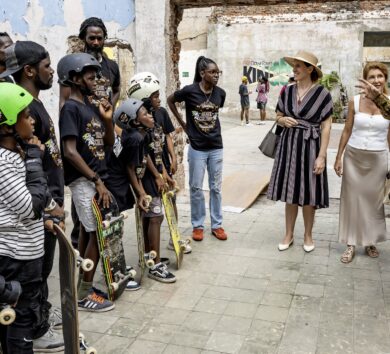
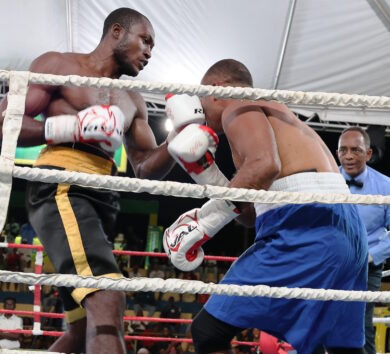
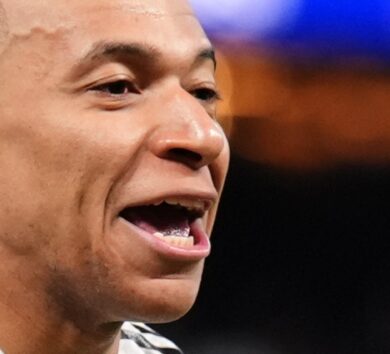

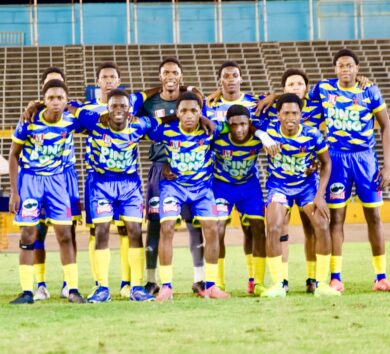
Comments